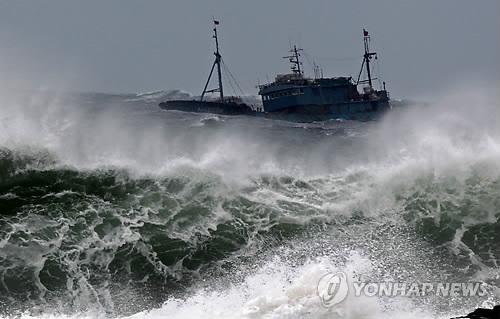
Jang Song-taek
Jang Song-taek, the uncle and patron of new North Korean leader
Kim Jong-un, has apparently put himself in charge of the top guard unit
that protects Kim. "Despite being a civilian, Jang Song-taek began
appearing dressed in military uniform adorned with four-star insignia on
his epaulettes after the death of Kim Jong-il," a source familiar with
North Korea said. "A close inspection of his uniform reveals that it is
characteristic of the elite unit."
The source declined to elaborate citing security reasons.
"The
Guard Command's status was recently elevated and it seems to have been
reorganized," an intelligence official here said. "In the process, Gen.
Yoon Jong-rin appears to have stepped down and been replaced by another
official who is controlled by Jang." Besides being in charge of
protecting Kim Jong-un, the command also quells public uprisings or
attempted coups d'etat and handles security at the numerous retreats
owned by the Kim family.
A three-layered security detail
protects Kim during all his travels in North Korea. The outermost layer
is supervised by the Ministry of People's Security (police), the second
by the State Security Department (intelligence agency) and first layer
by the Guard Command, which consists of around 30,000 troops. The number
rises to more than 100,000 if the troops of the Pyongyang Defense
Command are included.
"The elite Guard Command has tanks and
armored vehicles with enough firepower to quell any uprising by a
corps-level force," said the source.
Jang's grip on the Guard
Command demonstrates his power, experts say. "This shows how much trust
Kim Jong-un places in his patrons Jang Song-taek and aunt Kim
Kyong-hui," a government official here said. "That also means that the
fate of Kim's rule lies in their hands."
Since 2007 Jang has been
the director of the Workers Party's Administration Department, which
guides and controls North Korea's top security agencies. "If Jang has
gained control of the Guard Command, that means he now has full control
over all means to protect the regime," said one high-ranking North
Korean defector. "This would be impossible unless Kim and Jang agree
that their fates are intertwined."
Some experts recently said
Jang's status is probably not as significant as others believed who saw
him as the eminence grise of both the Kim Jong-il and Kim Jong-un
regimes. The reason for that claim was that Jang's name did not appear
on a list of top officials in the Workers Party Politburo, the highest
decision-making organ within the party, during the last high-level party
meeting on April 11.
But Ryu Dong-ryeol at the Police Science
Institute said, "Don't believe what you see. Kim consults with Jang and
his aunt on every important matter and completely depends on them."
Regarding
the ascent of Choe Ryong-hae as the de facto No. 2 figure through his
appointment as standing committee member of the Politburo and vice
chairman of the party's Central Military Committee, Ryu said, "Jang has
inserted his own puppet in order to help Kim Jong-un gain control of the
military."












 Kim Kyong-hui
Kim Kyong-hui
 Jang Song-taek
Jang Song-taek




